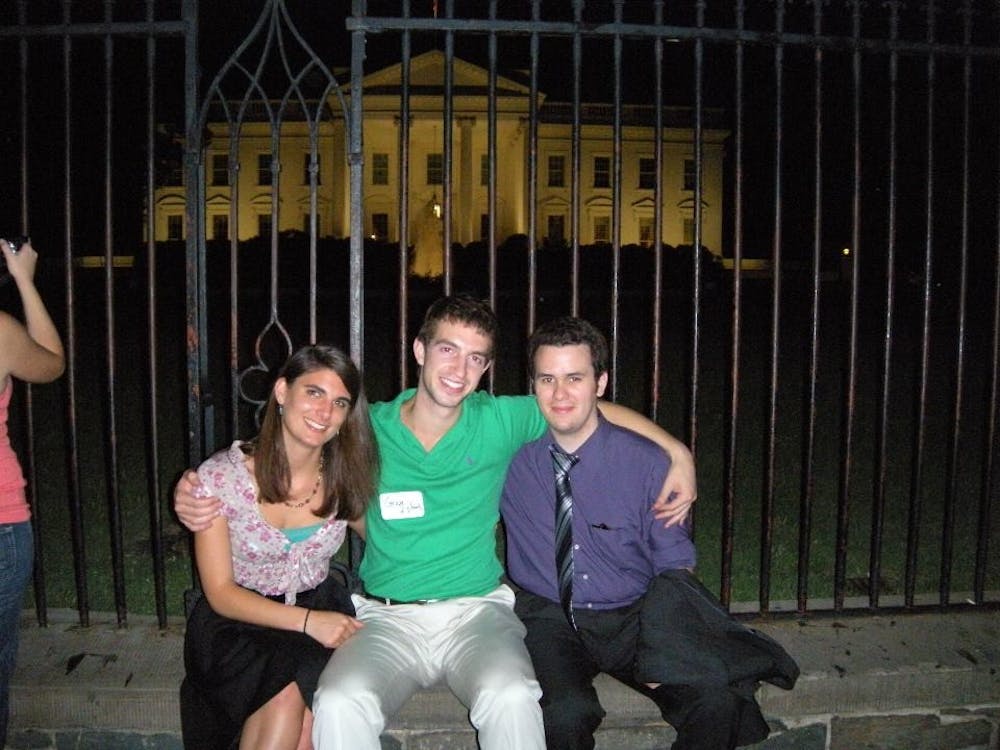Few college students can say their opinions regarding global security crises and policies are heard loud and clear, not to mention actually considered as possible solutions.
But for Elon University’s Model United Nations team, comprised of five executive board members and nearly 70 participating students, their thoughtfully researched proposals and positions at various Model UN conferences throughout the fall season led them to be ranked as No. 22 in the nation.
BestDelegate.com, which ranked Elon’s Model UN program, wrote the group’s performances have put “this liberal arts college in company with many big university names, and it may be time to start remembering Elon.”
Senior Robert Dean, president of Elon’s Model UN, said the group’s success comes from students holding their own against delegates in their committee. Some came from Ivy League schools and military academies that specialize in foreign studies.
“Another aspect of our success this year is that we have grown significantly, so the number of applicants per conference has gone up, allowing us to handpick the very best students each time,” Dean said. “In staying true to our focus on research and debate skill, we have been able to garner at least one award at every conference we’ve attended since the creation of the club.”
Model UN was started in 2005, and students can participate with activities on and off campus. Meeting are held every Monday at 5:30 p.m. for members to perform a simulation of the United Nations Security Council and step into the roles of member states to debate on international issues, according to senior secretary Anna McCracken.
“We put on a Security Council simulation for Global Experience classes, where students simulate the United Nations Security Council and debate on relevant international topics,” McCracken said. “Last semester we did Cybersecurity, the crisis in Syria and the crisis in Somalia. We also organize and run the International Crisis Conference at Elon (ICCE), in which we partner with International Relations classes and simulate real and potential world crises through the lens of policy makers from different countries.”
While some of the students partake in the organization for class credit, most students join simply because they love Model UN. All students are supposed to write working papers, bills that go through the UN and are later debated during class.
Students also make up the ICCE Crisis Staff and either work in a committee room with participants or in headquarters with the Head Staff, providing the link between the committees so they can interact with one another.
“Our club members who attend Model UN without the prospect of credit are there because they enjoy debate, seek to adopt leadership roles within the club and look to travel with us to other schools as part of our accomplished debate teams,” Dean said.
Though the club requires a lot of planning and effort, it isn’t all work and no play.
The group travels together, attends social events and often meets for dinner, according to its vice president, senior Austin Rhoads.
The Model UN conferences also have plenty of opportunities for delegates to unwind and mingle after a long day of political negotiations.
“At the end of the West Point Security Conference in 2012 there was a black tie event, so all of the delegates were dressed up,” Rhoads said. “They also had a virtual firing range at West Point, which was awesome, too.”
This year, the West Point Security Conference will be held from Feb. 28 to March 3.


